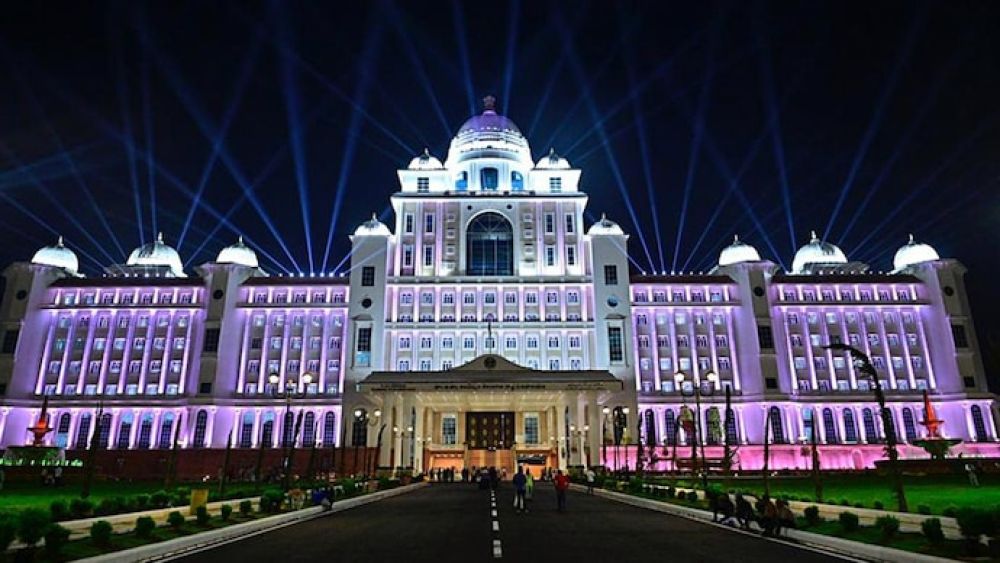

The state of Telangana, once a part of the erstwhile Andhra Pradesh, is a relatively new state in the southern part of India, formed on June 2, 2014. Despite its recent inception as a separate state, Telangana has a rich and diverse history that spans thousands of years, and this has laid the foundation for its tourism industry.
Tourism in Telangana traces its roots back to ancient times when the region was under the rule of various dynasties, including the Satavahanas, the Kakatiyas, the Qutb Shahis, and the Nizams. Each rule left behind a legacy of rich cultural heritage sites, monuments, forts, and palaces, now key attractions for tourists.
The era of the Nizams, known for their grandeur and opulence, particularly stands out in the history of Telangana. The Nizams' dominion, centered in Hyderabad, left behind architectural marvels like the Charminar and the Golkonda Fort. These historical landmarks began attracting tourists long before the formation of Telangana and continue to be among the foremost tourist sites in the state.
Post-independence, the emphasis on tourism in the region took a gradual pace. Under the combined state of Andhra Pradesh, efforts were made to promote the unique cultural, historical, and natural sites of the area. The development of tourism infrastructure like hotels, transportation, and improvement of facilities at archaeological sites gave impetus to the growing tourism sector.
The formation of Telangana as an independent state brought an increased focus on the promotion of its tourism potential. The government established Telangana State Tourism Development Corporation (TSTDC) to take the lead in showcasing the state's attractions. The corporation has been active in developing thematic circuits such as eco-tourism, pilgrimage tourism, and heritage tourism to diversify the visitors' experiences.
In recent years, Telangana has been following the latest tourism trends by fostering responsible and sustainable tourism practices that emphasize conservation and community involvement. Additionally, there is a growing trend towards experiential travel, where tourists can engage in local culture, cuisine, and traditions. Events like the Deccan Festival and Bathukamma have gained popularity, providing guests with vibrant cultural experiences. Telangana is also harnessing digital marketing strategies to reach a global audience, implementing virtual reality tours of key destinations and employing social media to engage potential visitors.
As a young state with an ancient lineage, Telangana stands as a testament to the enduring allure of India's cultural and historical richness. From the prehistoric cave paintings at Kethavaram to the cyber hubs of modern-day Hyderabad, Telangana's tourism landscape bridges the old with the new, promising something for every traveler.